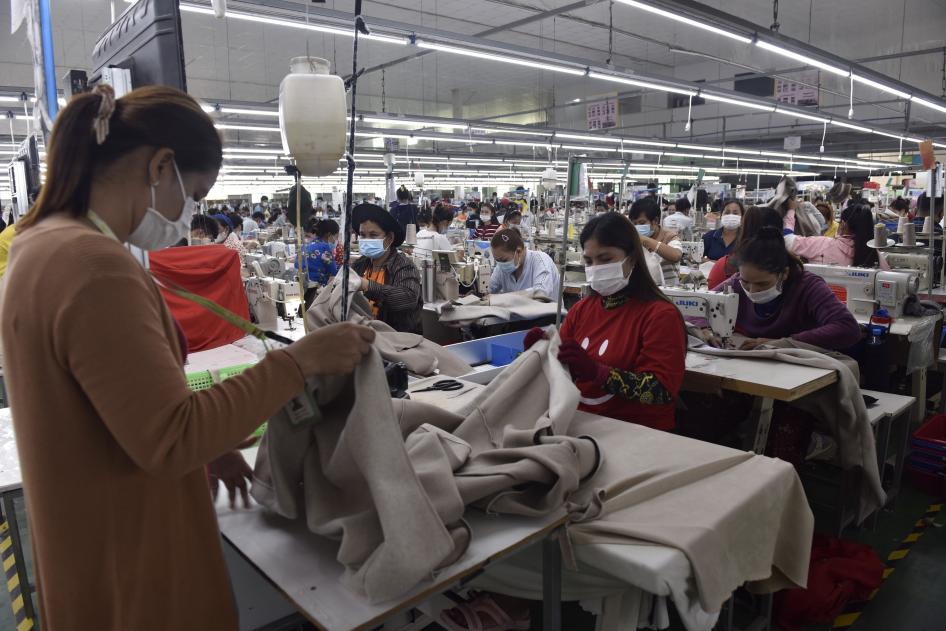Last week, after long negotiations over corporate accountability rules in Europe, negotiators from the European Council and Parliament agreed on a text for the draft EU Corporate Sustainability Due Diligence Directive.
This is a big deal – once formally adopted, it will be the first time that the European Union will hold large companies to account for their human rights and environmental impacts across their global supply chains. Under the agreement, victims of abuses can go to court and companies can be held liable for breaching their obligations.
While it is a step in the right direction, the law is far from perfect, for example only offering weak provisions regarding climate change and excluding the financial sector from due diligence obligations. But even as it stands, the law will bring pressure on companies to respect human rights, and will level the playing field across Europe, where some member states have already adopted mandatory due diligence legislation.
For a long time, it has been clear that voluntary regulations for businesses are not enough. Child and forced labor, unsafe and exploitative working conditions, toxic pollution, and many other abuses are all too common in global supply chains.
Getting this piece of legislation underway has been far from easy and vigilance is required to ensure that it doesn’t get watered down or tripped up altogether before it is formally adopted by the European parliament and the governments of the EU’s 27 member states.
This could be tricky. In Germany, for example, there has been fierce lobbying by industry associations against the law. Germany’s liberal Free Democratic Party (FDP), which portrays itself as “pro-business” and is part of the German coalition government, already rejected the EU agreement as too demanding on companies, while social democrats and a Green MEP have welcomed the deal. Should the German government coalition parties not succeed in agreeing on a joint position, Germany could abstain during the Council vote. This would be a terrible political signal.
European governments and parliamentarians need to move swiftly to adopt the law before the end of the legislature in spring 2024. The EU delivering on its plan to craft the law and setting a new standard for corporate accountability would be a welcome, if long awaited, development.










